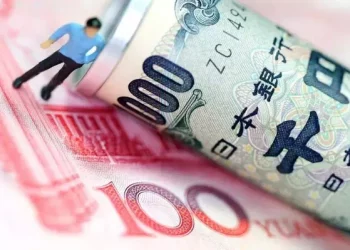Money is a fundamental concept that has been an integral part of human civilization since its inception. It is a medium of exchange that enables the transfer of goods and services between individuals, businesses, and nations. Money can take many forms, from physical currency such as banknotes and coins to digital currencies such as Bitcoin and Ethereum. In Australia, the official currency is the Australian dollar (AUD), which is the legal tender of the Commonwealth of Australia.
The Australian dollar was introduced in 1966, replacing the Australian pound. The currency is issued and regulated by the Reserve Bank of Australia (RBA), which is the country’s central bank. The RBA is responsible for setting monetary policy, which includes controlling the money supply, managing interest rates, and maintaining financial stability.
The Australian dollar is a floating currency, which means its value is determined by the forces of supply and demand in the foreign exchange market. This means that the exchange rate of the AUD can fluctuate over time in response to economic factors such as inflation, interest rates, and the strength of the economy relative to other countries.
The Australian dollar is widely used in Australia for day-to-day transactions such as buying groceries, paying bills, and receiving wages. It is also widely accepted by merchants and businesses around the world, making it a popular choice for international trade and investment. The AUD is one of the most traded currencies in the world, and its exchange rate is closely watched by traders, investors, and policymakers around the globe.
Money serves several important functions in an economy. First and foremost, it is a medium of exchange that facilitates transactions between buyers and sellers. Money also serves as a store of value, allowing individuals to save and accumulate wealth over time. In addition, money acts as a unit of account, providing a standard measure of value that enables individuals and businesses to compare prices and make informed economic decisions.
While money has many benefits, it can also pose challenges for individuals, businesses, and governments. Inflation, for example, can erode the value of money over time, reducing its purchasing power and making it more difficult for individuals to save and plan for the future. In addition, the use of cash can facilitate illegal activities such as money laundering and tax evasion.
In conclusion, money is a fundamental concept that plays a critical role in modern economies. The Australian dollar is the official currency of Australia and is widely used for day-to-day transactions and international trade. While money has many benefits, it can also pose challenges, and policymakers must balance the need for a stable currency with the potential risks and drawbacks associated with its use.
























